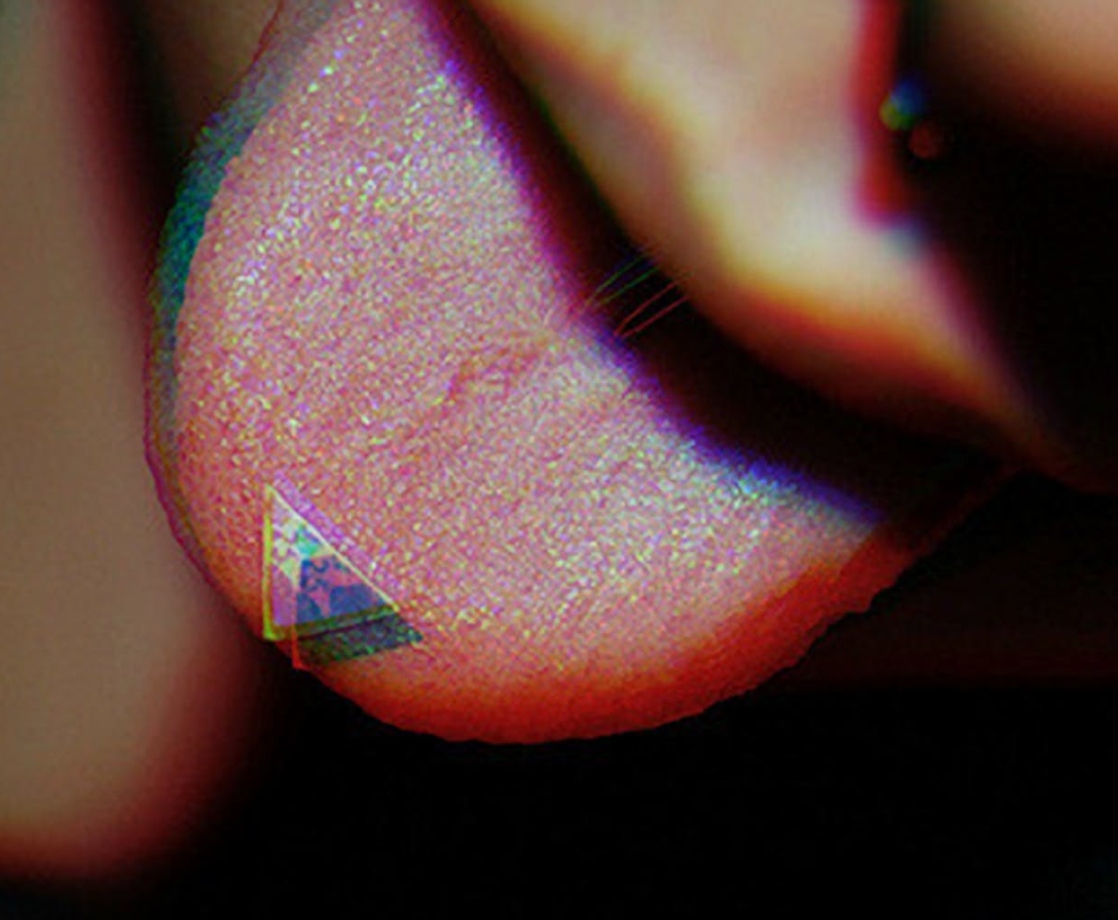There is a wealth of anecdotal evidence claiming that microdosing — the practice of taking small, regular doses of a psychedelic compound like psilocybin or LSD — can improve mood and work performance. So far, there are relatively few clinical studies exploring the validity of these claims, but researchers are becoming increasingly interested in this topic.
A new study recently published in the European Neuropsychopharmacology journal set out to test whether microdoses of LSD can actually improve mood and attention, and found that they can – but there’s a catch.
An international team of researchers from the Netherlands, Switzerland, and the UK enrolled 24 healthy recreational psychedelic drug users in a placebo-controlled study to explore the cognitive effects of microdosing. The subjects, who averaged an age of 23, had all used psychedelic drugs in the past, but were asked to refrain from using hallucinogens for three months before the trial began.
Each subject was given an oral dose of either a placebo or a mixture of LSD and ethanol that contained either 5, 10, or 20 micrograms of LSD. At the start of the trial, each subject was asked to fill out questionnaires assessing their previous nights’ sleep quality and their overall mood. After receiving the dose of LSD or placebo, each participant completed a battery of cognitive tests to assess their creativity, empathy, pain perception, neuroplasticity, and other factors.
The researchers discovered that the subjects who had taken LSD experienced both positive and negative effects. Subjects who had taken the microdoses showed increases in positive mood, friendliness, and happiness; enhanced attention; and decreased feelings of depression or anger. However, most of these subjects also experienced increased anxiety and confusion, particularly among the higher dosages. Most subjects who took the 20mcg dose also said that they were having more trouble concentrating on the tests.
The study also reports that many subjects who had taken microdoses were able to correctly recognize that they were under the influence. Subjects who took the larger 10 and 20mcg microdoses reported noticeable alterations from waking consciousness, although nowhere near as extreme as subjects in other trials who took recreational doses of LSD.
“Overall, the present study demonstrated selective, beneficial effects of low doses of LSD on mood and cognition in the majority of observations,” the study authors wrote. “Next to that, negative effects like increased anxiety were shown too. The minimal LSD dose at which subjective and performance effects were notable is 5 mcg and the most apparent effects were visible after 20 mcg.”
Researchers also tested the subjects’ blood levels and found that blood concentrations of LSD varied widely among subjects that had taken the same dose. The study authors believe that this could be due to individual drug metabolism, and suggest that these differences in blood concentrations could also influence the cognitive effects of microdosing. Unfortunately, there were too few subjects enrolled in the study to test this hypothesis.
To further explore the issue, the authors recommend that “future studies in patient populations suffering from impaired attention are suggested, including biological parameters involved in LSD receptor binding and metabolism in order to understand the inter-individual variation in response to LSD on cognitive and emotional processes.”
Late last year, researchers from New Zealand kicked off a similar study to explore the effects of LSD microdoses on mood and focus, and British and American researchers are looking into whether LSD can help treat Alzheimer’s. Neither of these studies has reported their results, but another study recently found that LSD microdoses can reduce acute pain as effectively as oxycodone or morphine.











